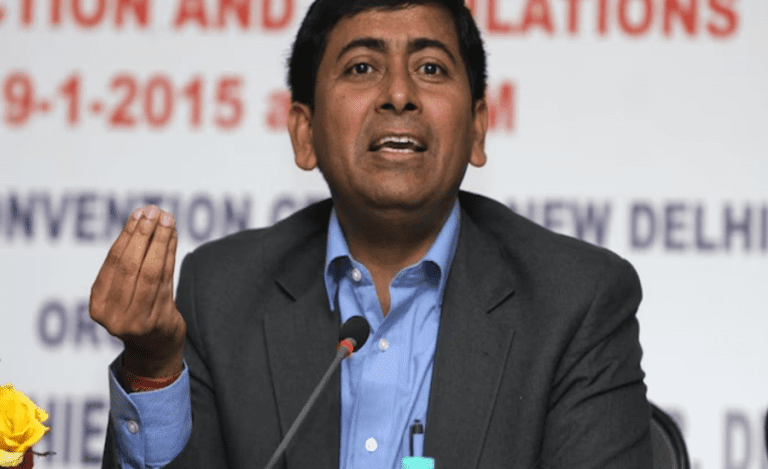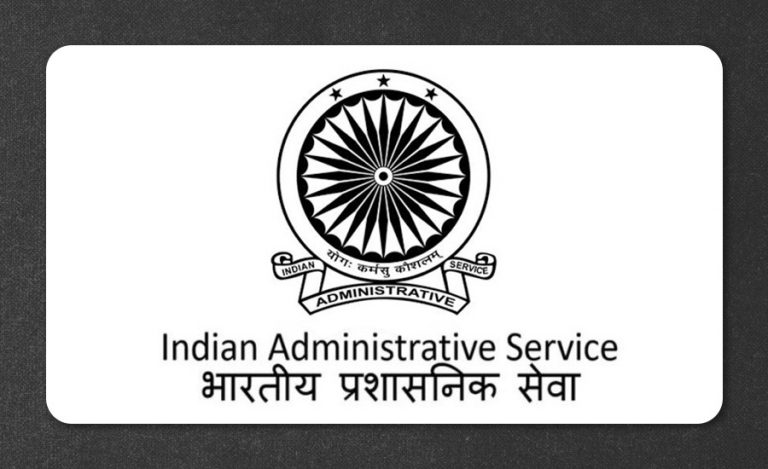On September 17th of this year, India’s ambitious Project Cheetah marked its two-year anniversary. Until now, however, the cheetahs had not ventured into the wild, leaving their adaptability to the new environment uncertain. Despite this hurdle, most aspects of the project have shown positive results.
Now, that obstacle is set to be overcome, as Kuno National Park in Madhya Pradesh has plans to release the cheetahs into the open forest. With permission from the Cheetah Steering Committee, the administration is scheduled to free the cheetahs from their enclosure in the last week of October. Not only will this release allow the cheetahs to explore their natural habitat, but it will also enable tourists to witness them through cheetah safaris. If this release proceeds as planned, it will signify a major success for Project Cheetah.
To gain further insight into the project, Indian Masterminds spoke with Mr. Uttam Kumar Sharma, the Chief Conservator of Forests and Director of the Lion Project at Kuno National Park. A member of the 1999 batch of the Indian Forest Service (IFS), Mr. Sharma provided valuable insights into the initiative.
Also Read: The Cheetah Chronicles: A Race Against Time in India’s Kuno National Park
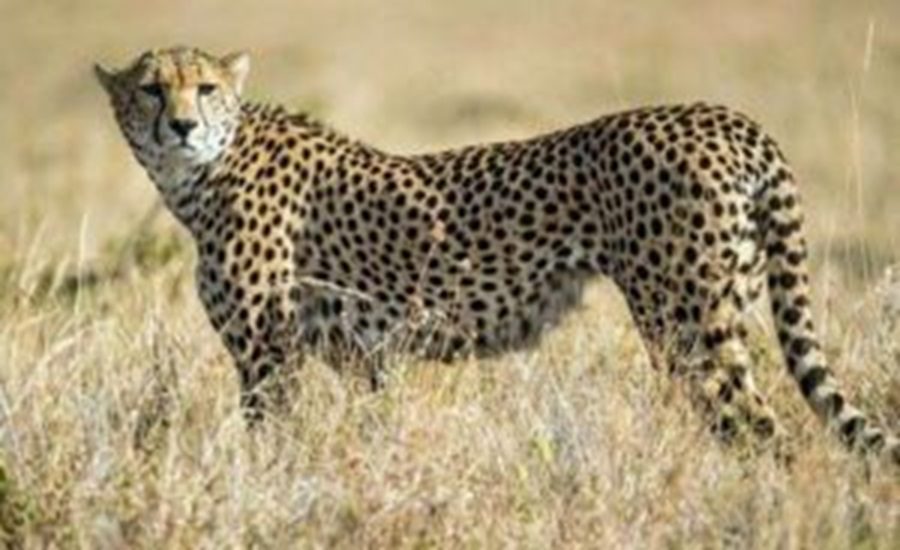
PROJECT CHEETAH
On September 17, 2022, eight cheetahs – the world’s fastest land animals – were ceremoniously released into Kuno National Park in Madhya Pradesh as part of ‘Project Cheetah’. These magnificent creatures, brought back from Namibia in Africa, returned to a land they had been absent from since their extinction in 1952.
In total, 20 cheetahs have been brought to Kuno National Park: 8 from Namibia in September 2022 and 12 from South Africa in February 2023.
Despite early successes, Project Cheetah faces challenges, including prolonged captivity, competition for prey with leopards, and issues related to climate adaptation. However, the administration is actively addressing these issues and implementing measures to ensure the project’s success.
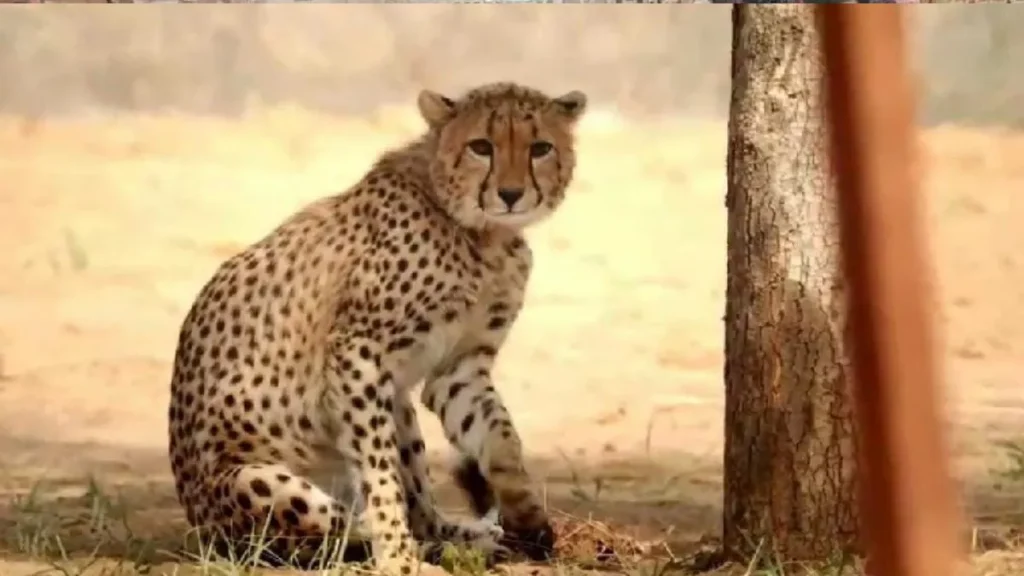
THE RELEASE
After more than two years of acclimatization, the moment had finally arrived. The cheetahs, majestic and agile, were on the cusp of reclaiming their rightful place in the wild. The release will occur in phases, beginning with the male cheetahs, Agni and Vayu. Following their release, they will be closely monitored to observe their behavior and adaptation to the forest environment. If all goes well, additional adult cheetahs will be released in subsequent phases.
Agni and Vayu will be the first to be released in the Palpur East Range, while Prabhas and Pavak will be released in another part of the forest. Kuno management has noted that releasing only male cheetahs could lead to overcrowding near the enclosure, as they may fight among themselves in search of female companions. Therefore, it is crucial to release female cheetahs alongside the males.
National Park officials have also indicated that Gandhi Sagar Wildlife Sanctuary will serve as a second home for cheetahs in India, as it is prepared to welcome a new herd.
Mr. Sharma stated, “Our ultimate aim was to release the cheetahs into the open forest in stages, ensuring their successful adaptation to the new environment. Based on the committee’s recommendations, we are now poised to take this significant step very soon, marking a pivotal moment for Project Cheetah.”
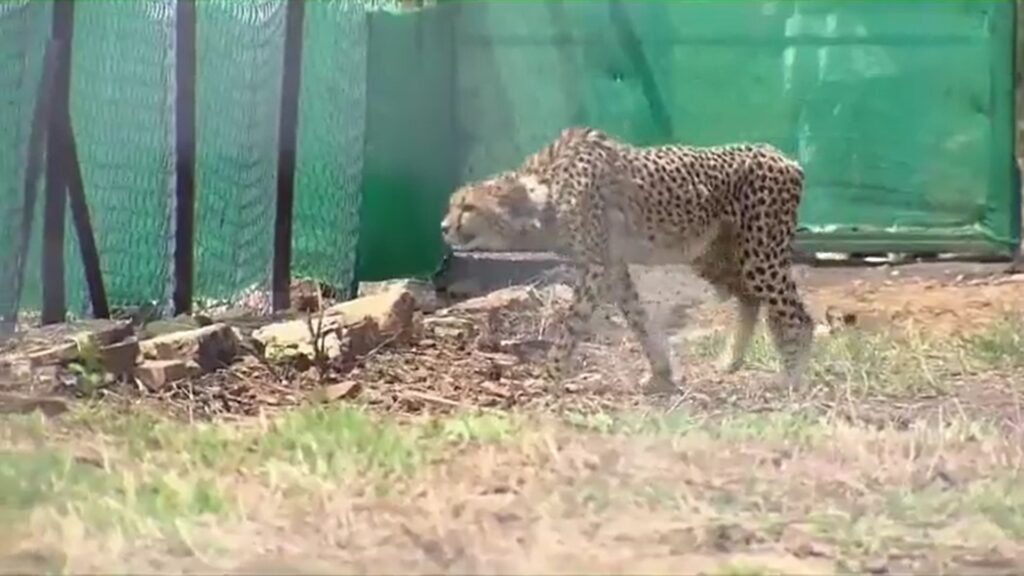
THE CHALLENGES
The project, an ambitious endeavor to revive the cheetah species in India, has made significant strides. A cheetah requires an area of approximately 100 square kilometers to thrive. The Kuno Forest covers about 1,200 square kilometers, with 748 square kilometers designated as the main zone and 487 square kilometers as the buffer zone. Currently, there are 24 leopards, including cubs, residing in Kuno. Given this population, the available space may soon become insufficient for their needs.
Notably, the cheetahs will have the freedom to roam in neighboring states as well. The responsibility for their food, security, and monitoring will fall to the forest divisions of the respective states. This decision was made during a recent workshop attended by 22 forest division officers from Madhya Pradesh, Rajasthan, and Uttar Pradesh at Kuno National Park.
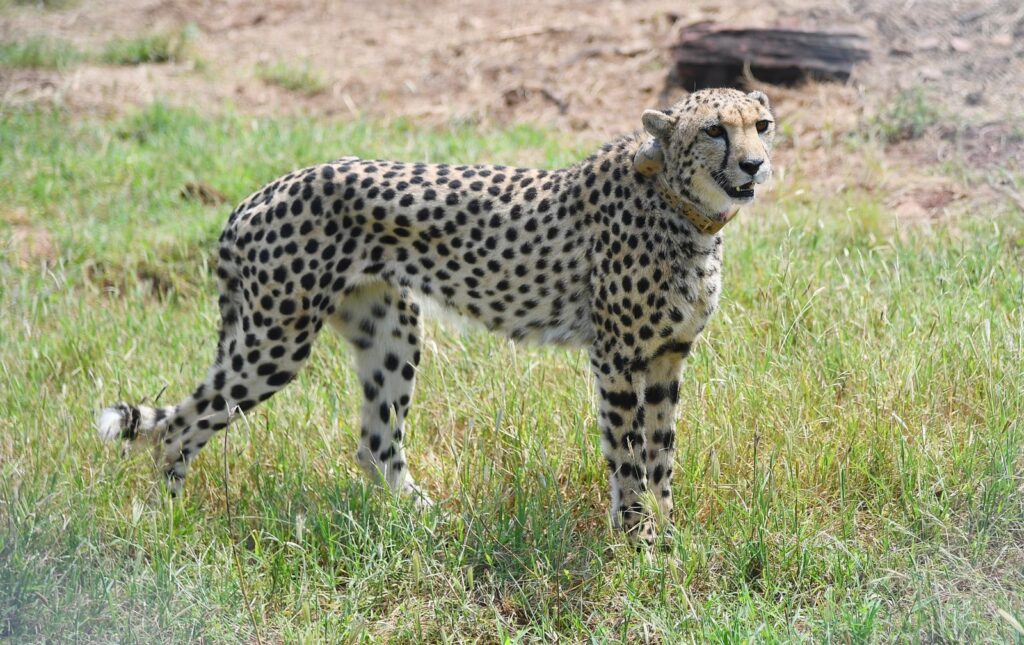
CURRENT SCENARIO
Currently, there are 24 cheetahs in India. After bringing cheetahs from Namibia and South Africa to Kuno Forest Sanctuary, several cubs were born in the country. Unfortunately, during this period, six cubs and two adult cheetahs lost their lives. Despite this, the population remains at 24, and India is actively planning to bring more cheetahs from abroad to further bolster their numbers.
At present, these cheetahs are housed in an enclosure ranging from 0.5 to 1.5 square kilometers. However, in their natural habitat, cheetahs typically require an area of over 50 square kilometers to thrive. Initially released into the forest, the cheetahs were returned to their enclosure in August of last year after three of them – Tiblisi from Namibia and Tejas and Suraj from South Africa—succumbed to infections.
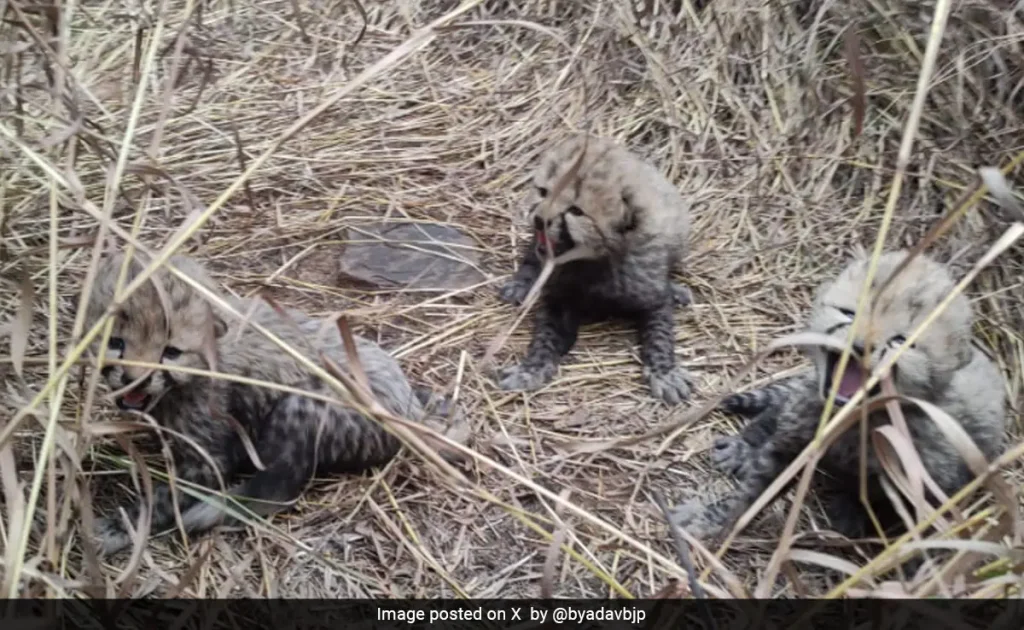
CHEETAH SAFARI
If the cheetahs are released into the forest at the end of this month, it will significantly boost tourism, as visitors have been eagerly waiting to see these majestic animals for the past two years. Until now, those wanting to experience a cheetah safari had to travel to South Africa or other African countries, which isn’t feasible for everyone. Now, people can simply visit Kuno National Park in Madhya Pradesh to catch glimpses of the cheetahs.
To facilitate this, efforts to create jungle safaris and recruit new staff are in full swing. Recently, the Cheetah Standing Committee has given the green light for these initiatives.
However, concerns about security for both the cheetahs and the tourists remain. Mr. Sharma explained, “We will implement protocols similar to those used for tiger safaris. Just as people visit and observe tigers in the forest, the same measures will be followed here.”










